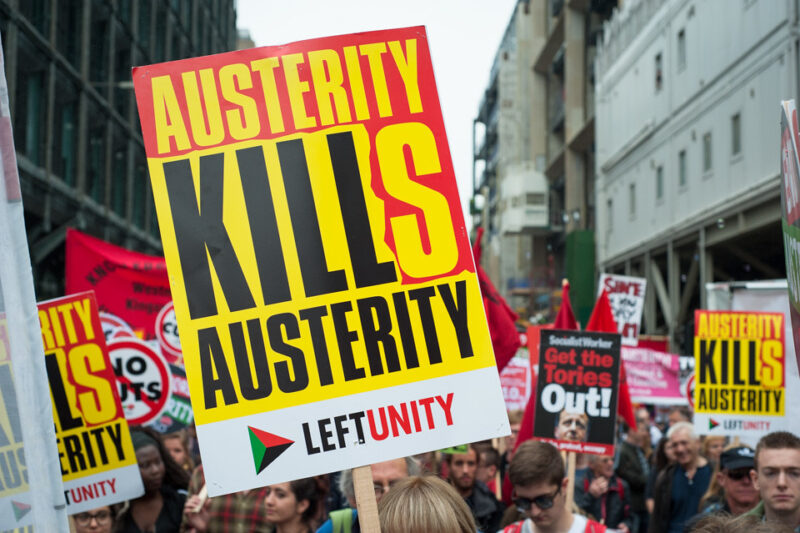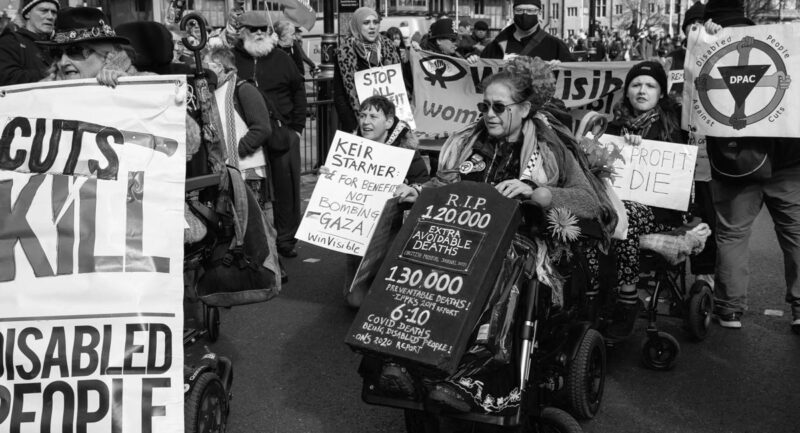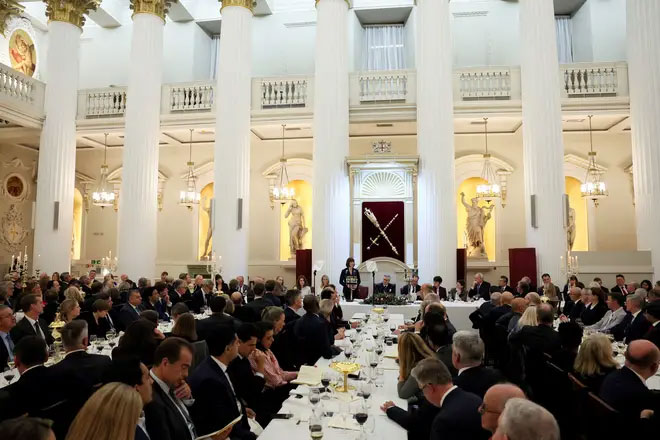Labour Party: with us or against us?
IN THE MONTHS after the Con-Dem coalition was formed, 30,000 people – fearful for their future – signed up to join the Labour Party.
Brown’s departure meant a party leadership contest and many old and new party members hoped someone would emerge who would rally resistance to the impending savage cuts to jobs and services. They were in for a disappointment.
Leadership
The Miliband brothers dominated the 2010 Labour leadership race, with David representing the Blairite wing of the party and Ed positioning himself a little to the left.
It was summed up in his Conference speech. “I know we lost trust, I know we lost touch, I know we need to change. Today a new generation has taken charge of Labour.”
The language might have been vague – but trade unionists and constituency socialists wanted to believe this meant a clean break with New Labour and a return to being “the party of the trade unions”.
“Irresponsible” strikes
But the right-wing media immediately opened fire, dubbing the new leader “Red Ed”, claiming he was a poodle of the trade unions.
But instead of defending the right of organised workers to have their own political party and pointing out that the Tories were a party funded by billionaires and led by millionaires, Miliband rushed to prove his “innocence” by condemning projected industrial action by British Airways cabin crew and London firefighters in defence of their jobs and working conditions. He repeated the formula that he was against such “irresponsible strikes”.
Bob Crow, RMT leader, responded: “Ed Miliband has to decide whose side he is on – the working class on the streets and on the picket lines or the ConDems and their corporate supporters. All the signs are that he is already caving in to the right-wing press.” Too right!
In November, a mass movement that erupted among students and youth against cuts in higher education put this to the test. But Miliband sat on the fence. He told media sources he was “tempted to go out and talk to them”, but was “busy at the time”.
This pathetic response reflected Labour’s whole “responsible opposition” strategy, a term coined after the election by stand-in leader Harriet Harman.
The strategy was more fully explained during the student revolt by Dan Hodges, an editor of the ‘Labour Uncut’ internal policy blog.
“The savage coalition cuts may unleash a hurricane of protest. But if that storm strikes… we can find solid shelter. And then lend our aid and our labour when the storm has past. There is protest. And there is power. Labour cannot be the party of both.”
Councils at a crossroads
For Labour councils, just taking shelter and “weathering the storm” is not an option.
It is an either/or situation: refuse to implement Westminster’s cuts at local level, or carry them out. In every single Labour-controlled council, they have chosen to cut, becoming the focus of anti-cuts protests.
The best they could do was waste money on advertising campaigns saying: “The government has cut our money, so we are forced to cut our services.”
Occupations and protests took place at many Labour-held town halls in February and March, with councillors fleeing the chambers to pass cuts budgets in secret, hiding from the working class people they were elected to defend.
They claim they have no option – refusal to carry out the cuts will mean Eric Pickles, Tory local government secretary, sending in his unelected officials to slash their budgets.
They say that at least if Labour carries out the 15-35 per cent cuts, they would “protect frontline services and the most vulnerable”. But to all those losing childcare, benefits, libraries, sports facilities and jobs, it looks like Labour councillors are doing the Tories’ dirty work for them.
Where next
After the TUC March for the Alternative – after Ed Miliband has taken the platform – what will Labour do? Will it finally commit not just to verbal protests but refuse to pass on Tory cuts and start supporting action to stop them?
Labour parties, alongside local unions, could make towns and cities ungovernable by Pickles’ henchmen.
To help the Tories in their destruction of the welfare state, to sit it out in the hope of winning an election in four years’ time, could be a disaster for Labour’s electoral hopes.
If the Tories succeed in implementing their policies and the unions and working class communities are crushed, then they could win again in 2015. After all, the Tories defeated Labour after the miners’ strike in 1984-85 because workers were demoralised after this historic defeat.
More importantly, what will be left of jobs and services if we don’t fight?
New party
The trade unions set up the Labour Party and still have an impact on its internal life, as the election of Ed Miliband showed. The unions currently provided Labour with 88% of its donations.
But Labour isn’t just the party of the trade unions. In terms of what it does in office – whether at Westminster or in the town halls – it is a party of the bosses.
That is why its leaders are more concerned about winning middle class voters from the Lib Dems and even the Tories than protecting working people in a life or death struggle to save our services and jobs.
It’s time to break with Labour and form a new party – a revolutionary party that fights on the streets and in the workplaces for a socialist society.









